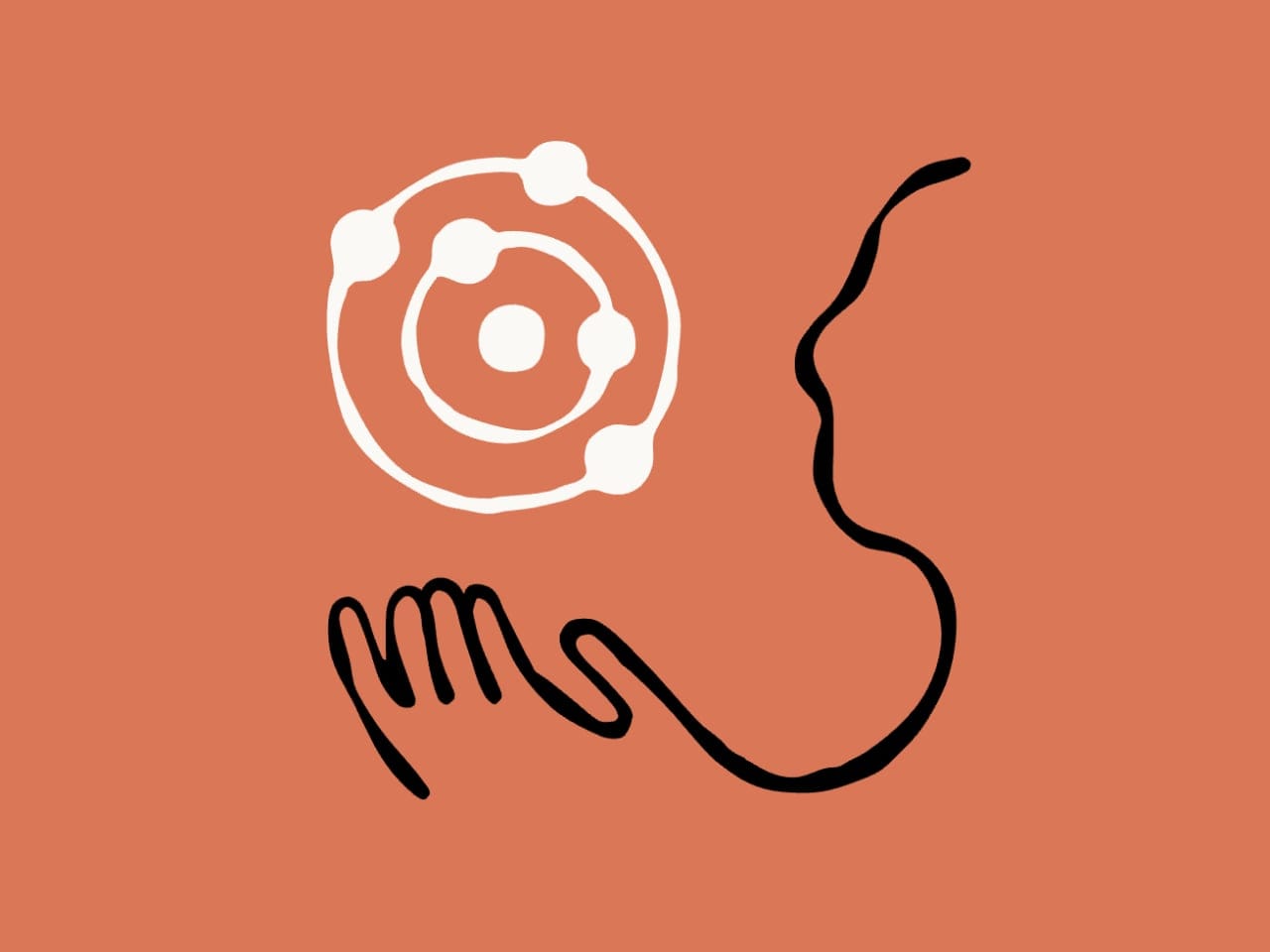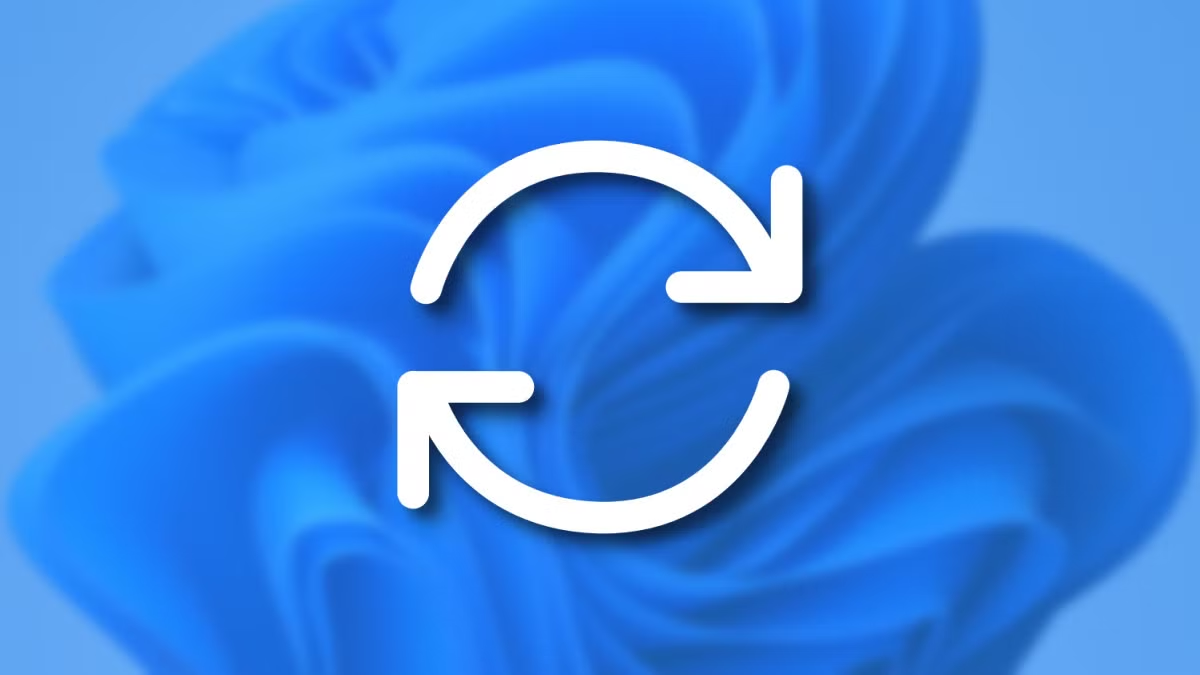Anthropic has rolled out Claude Opus 4.5, its new flagship AI model that aims to be the everyday workhorse for serious coding, autonomous agents and boring-but-important office work like Excel sheets, slide decks and long research projects. It’s live today, cheaper per token than older Opus versions, and fully wired into Anthropic’s apps and developer platform.
- Claude Opus 4.5 is Anthropic’s new top-tier model, tuned for coding, agents and “computer use” tasks like spreadsheets and slides.
- It’s available now in the Claude apps, API, and across the big cloud platforms, at $5 per million input tokens and $25 per million output tokens.
- On Anthropic’s own engineering exam, it scored higher than any human candidate under the same time limit.
- New developer features include an “effort” control, better tool use, and smarter context and memory for running long-lived agents.
- Claude Code, the Claude desktop app, Excel and Chrome integrations all get upgrades built around Opus 4.5.
What is Claude Opus 4.5 and where can you use it?
Claude Opus 4.5 is Anthropic’s new “top shelf” model in the Claude family. Think of it as the one you reach for when you want maximum reasoning power rather than just quick replies.
- Flagship model in the Claude line-up focused on deep reasoning and complex workflows
- Positioned as their strongest option for coding, agents and full computer workflows
- Available in the Claude apps, via API, and on all three major cloud platforms
- Priced at $5 per million input tokens and $25 per million output tokens
In practice, that means developers in the UAE can plug Opus 4.5 into whatever stack they already use – Claude’s own web and desktop apps, direct API calls, or through cloud providers that already sit next to their infrastructure. At this price, Anthropic is clearly trying to make Opus-level performance something you can actually afford to run in production, not just for weekend experiments.
If you’ve already been playing with other agents and models – say ChatGPT 5 for general use in the UAE or building workflows with ChatGPT Atlas as a browser assistant – Opus 4.5 is Anthropic’s answer for the “serious work” side of that same story.
How much smarter is it really?
Anthropic’s favourite flex: internal tests where Opus 4.5 does better than humans on a tough engineering exam the company uses for performance engineering candidates. Under a strict two-hour limit, the model scored higher than any candidate they’ve hired through that exercise.
- Beats previous Claude models and rivals on real-world coding benchmarks
- Leads on their software engineering test, under the same time cap as humans
- Shows gains across vision, reasoning and maths benchmarks
- Stays on track better on long-running, multi-step tasks
Anthropic highlights a bunch of benchmark names – from industry coding suites to agent tests where the model has to act like an airline support agent without breaking policy. In one of those tests, Opus 4.5 doesn’t just follow the script; it finds a legal workaround by upgrading a ticket first, then changing the flights, staying inside the rules while still solving the customer’s problem.
Benchmarks can be noisy, sure. But the pattern is clear: this model is tuned for multi-step reasoning and long tasks, not just pretty-sounding answers. For UAE teams building things like HR agents, finance tools or Arabic-first AI services (think what Shahbandr is doing with Arabic e-commerce AI ), that kind of reliability matters more than a flashy demo.
Safety, alignment and being harder to “jailbreak”
Anthropic leans heavily on the “safety-first” branding, and Opus 4.5 is framed as their best-behaved model so far.
- Described as the most robustly aligned Claude model to date
- Lower “concerning behaviour” scores across categories like manipulation and misuse
- Stronger resistance to prompt injection attacks, based on external testing by security researchers
- Released under Anthropic’s stricter safety protections framework
In more normal language: they’re trying to make it harder to trick the model into leaking sensitive content or following instructions that are buried inside prompts, documents or web pages. That’s exactly the sort of risk you’d worry about if you’re a UAE bank, telco or government department pointing an AI agent at internal systems – the same kind of environments we’ve seen with du’s AI video analytics push in the UAE.
None of this makes Opus 4.5 magically “safe”, but it does mean Anthropic has numbers and tests behind the marketing line, plus a public system card with details for anyone who wants to dig deeper.
New controls for developers: effort, tools, context and memory
Opus 4.5 isn’t just a bigger brain; there are new knobs for developers to control how it thinks.
- Effort parameter lets you trade speed and cost against depth of reasoning
- At “medium effort” it matches Sonnet 4.5 on a major coding benchmark while using far fewer output tokens
- At higher effort it outperforms Sonnet 4.5 while still cutting token usage
- New features around context compaction, advanced tool use, context management and memory improve long-lived agents
This matters if you’re building agents instead of just chatbots. With more control, you can let Opus 4.5 think harder on a tricky refactor or financial model, then keep things cheap and fast for routine Q&A. Anthropic reports that combining these platform features lifted performance on a deep research evaluation by almost 15 percentage points – a hint at how important the “scaffolding” around the model is, not just the model itself.
For UAE orgs already looking at “agentic” platforms – like Workday bringing AI agents for HR and finance to the region – this kind of control over effort and memory is exactly what you’d want in production.
Claude apps, Claude Code and everyday work upgrades
Opus 4.5 also ships with very practical product updates across Anthropic’s apps and tools.
- Claude Code gets a stronger Plan Mode that builds a clear plan file before changing your code
- Claude Code is now available inside Anthropic’s desktop app for parallel local and remote sessions
- The Claude chat apps handle long conversations better by auto-summarising older context
- The Claude for Chrome extension is now open to all Max users
- Claude for Excel access is expanded to more paying tiers, making it easier to automate spreadsheets
For anyone sitting in Dubai juggling decks, sheets and emails, this is where you’ll actually feel the change. You can let Opus 4.5 plan and execute a multi-step refactor, keep a long chat thread alive without context cuts, and use the same model to automate Excel hell. If you’ve already been playing with AI note-taking hardware like Plaud Note Pro in the UAE , Opus 4.5 slots in as the software side of that same “take my admin away” trend.
FAQ: Claude Opus 4.5
What is Claude Opus 4.5 in simple terms?
It’s Anthropic’s most capable Claude model so far, designed for serious coding, complex agents and long-form office work like research, spreadsheets and document-heavy tasks.
How much does Claude Opus 4.5 cost?
Anthropic lists pricing at $5 per million input tokens and $25 per million output tokens, with extra savings available through things like prompt caching and batch processing.
Where can I use Claude Opus 4.5 from the UAE?
You can access it through the Claude web and desktop apps, via Anthropic’s API using the claude-opus-4-5-20251101 model name, and through major cloud platforms that host Claude models.
What’s the difference between Opus 4.5 and Sonnet 4.5?
Sonnet 4.5 is the “fast, efficient generalist”; Opus 4.5 is the heavier model for the hardest tasks. Anthropic’s benchmarks show Opus 4.5 beating Sonnet 4.5 on complex coding, agents and long-horizon workflows, while using fewer tokens to reach similar or better results.
Is Claude Opus 4.5 safe to use for sensitive work?
No AI model is perfectly safe, but Anthropic claims Opus 4.5 has their best alignment scores so far, with stronger resistance to prompt injection and lower rates of risky behaviour in tests. If you’re handling sensitive UAE data, you still need the usual governance, access controls and internal policies on top.
Subscribe to our newsletter to get the latest updates and news















Member discussion